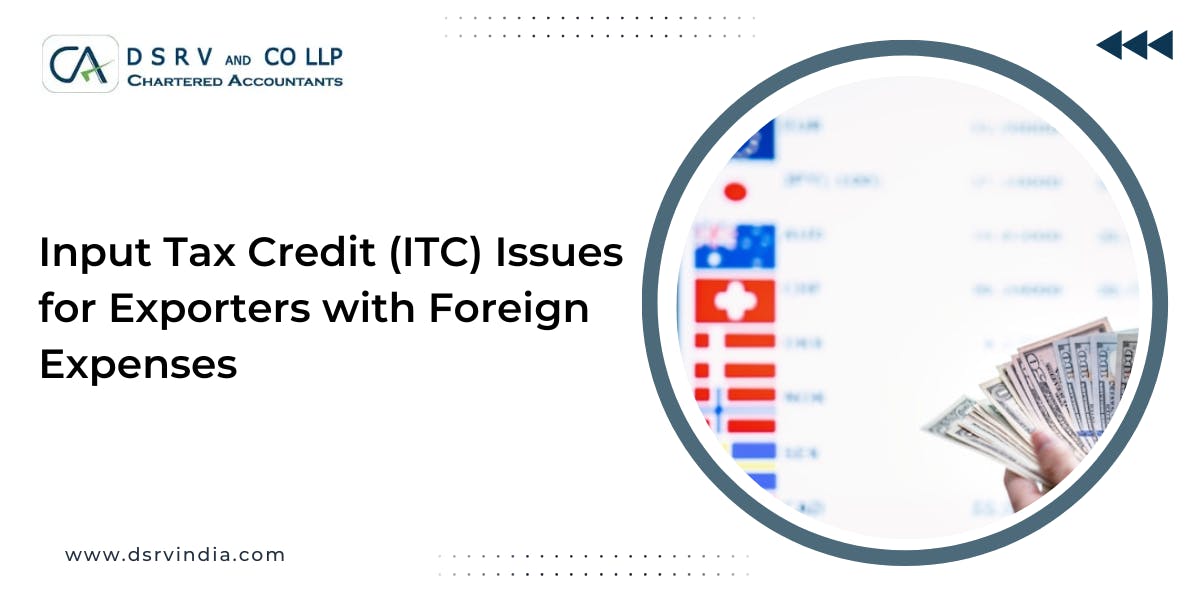What is a Liaison Office in India?
A liaison office in India acts as the channel of communication between foreign companies or investors with potential customers or vendors in India. Therefore, in simple terms, it acts as a channel for customers in India and the business or head office of companies outside India.
Under the Foreign Exchange Management Regulations (2016), it is stated that the company may receive inward remittances, however, the businesses are not allowed to operate or practice trade through a liaison office.
Differences Between a Liaison Office and a Branch Office
A branch office or a liaison office serves as a channel between the head office of a foreign company in India and its customers. While a liaison office is mainly a representative office for cross border transactions, the branch office is allowed to partake in commercial activities, unlike a liaison office. The branch office mirrors the activities of the parent company and carries out all trading activities of the parent company without being an established business in India.
However, if the parent company is required to undertake a contractual project within an Indian company, then it may establish a project office in India. They will need additional permission from the Reserve Bank Of India for this purpose.
Recommended: Key Points to Plan Before Financial Year End Closure
Benefits of Setting Up a Liaison Office in India
There are many benefits of liaison office establishment in India. It includes:
1. Business Promotion
Setting up a liaison office means you will be able to promote the products and services of your parent company in India. By setting up the office, you would also be able to conduct market research and identify future opportunities within the region.
2. Absence of Tax Liability
The most beneficial aspect of opening a liaison office would be not requiring to pay income taxes in India. It is the most tax-efficient way to establish the presence of your company without commercially operating in India.
3. Save Costs
Liaison offices act as a place of business to act as a communication channel and require no further investment like a branch office or a project office in India. You will be able to avoid costs that would have been required for commercial activities in India.
4. Build Networks In India
A liaison office set up in India allows you to build important relationships and a wide range of networks within India. This includes customers, government bodies, suppliers and other Indian stakeholders.
Read Also: Cross-Border Transactions And Tax Controversies in India
How to set up a liaison office in India?
To set up a liaison office in India, you need to fill out an application through AD(Authorised Dealer) Bank to the RBI. To know the entire process, read below:
Eligibility Criteria Of Liaison Office
The following are the eligibility criteria to register a liaison office in India:
- Generation of income in India is prohibited
- The head office of the foreign company should have a net worth of more than $50,000
- The parent company is required to show a proven beneficial track record of three years.
Steps for registration in India
For the liaison office registration in India, here is what you need to do:
- Prepare your documentation
- Send application to RBI
- Wait for approval from RBI
- Complete registration with the Registrar of Companies (RoC)
- Obtain PAN card and TAN card
Documentation required for establishing a liaison office
To register your liaison office in India, you will require the following documentation:
- Certificate of Incorporation from Parent Company
- Memorandum of Association
- Article of Association
- Audited Financial Statements
- Details of Director and Shareholders
- Board Resolution Authorising the Liaison Office
What are the GST implications for a liaison office?
The liaison office does not require itself to be registered under the GST regime, as they are not involved in commercial activities. They are neither required to pay GST, IGST nor CGST act. Liaison offices of foreign companies are therefore not liable to GST (Goods and Services Tax) in any manner. For any queries in GST registration in Gurgaon for your company, you can reach out to the best GST consultant in Gurgaon.
How does income tax affect a liaison office?
The Income Tax Act states that all liaison offices of foreign companies are not required to pay income tax because they are not conducting any commercial activity within the country. This is similar to GST on liaison office in India. However, you will be required to obtain a PAN card from the Income Tax Department.
What are the FEMA regulations for a liaison office?
Foreign Exchange Management Act (FEMA) or plays an important role in regulating liaison offices in India. FEMA liaison office regulations require you to submit an Annual Activity Certificate (AAC) every year listing the details of the transactions of the financial year before 31st March for FEMA Compliance.
Must Read: Issue Related To Liaison Office Under FEMA, GST, And Income Tax
What is the Role of a Chartered Accountant in Liaison Office Compliance?
A Chartered Accountant or CA plays an integral role in liaison office compliance. Let us understand more about their importance:
1. Importance of Auditing by a Practicing Chartered Accountant
A Chartered Accountant will ensure that the financial statements of your company are accurate and up-to-date. If there are any discrepancies present within financial transactions, then they will immediately help to rectify them. Moreover, a CA ensures you are well-prepared for complex documentation processes of FEMA liaison office regulations and will provide you with step-by-step guidance.
2. Compliance Checks for Financial Records
Any inaccuracies in financial records may lead to non-compliance with laws and regulations under the FEMA act, therefore causing legal trouble. With the help of a chartered accountant, you will be able to avoid such troubles without any worries.
3. Guidance on Audits of Financial Statements
You will be able to receive expert guidance during annual audits of financial statements. This guidance is crucial for liaison offices to maintain strict compliance with laws and regulations.
Read More: A Guide: Form 15CA and 15CB for Cross-Border Payments
Conclusion
A liaison office in India requires you to understand the complex legal framework for foreign companies in India. However, by reaching out to top Chartered Accountants, you will be able to set up your liaison office in India without any hurdles and be able to discover more attractive business opportunities.











